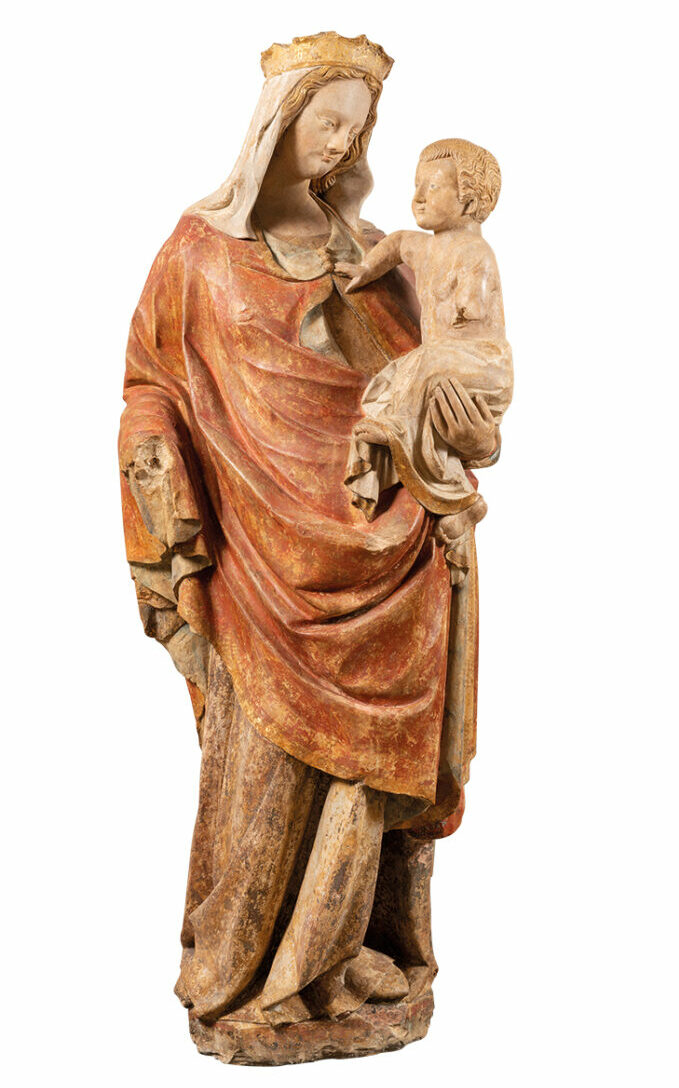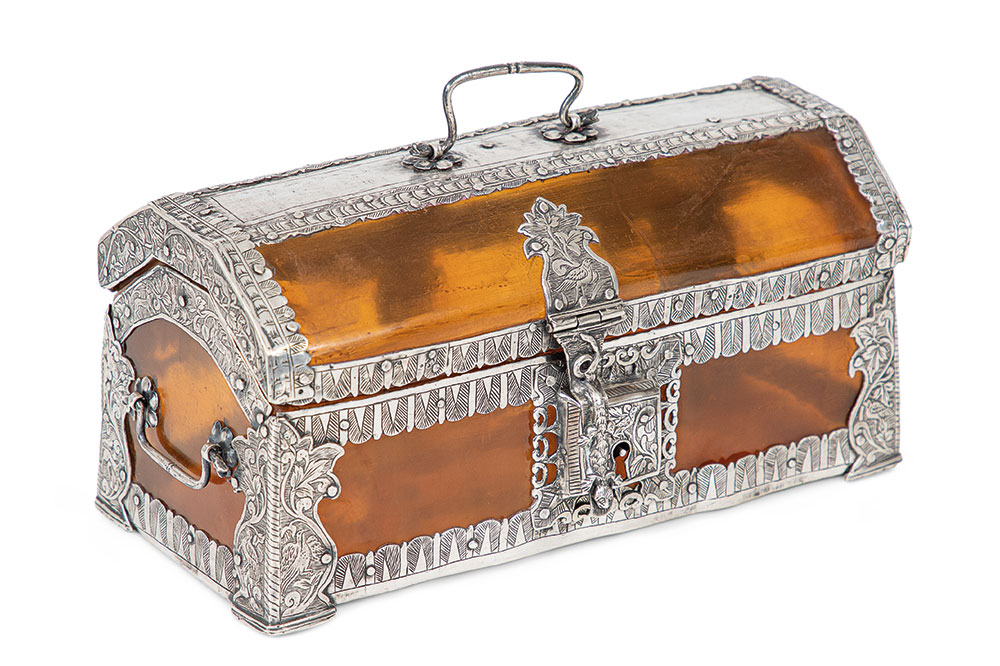‘This is not really an emergency concept,’ is how Beatrix Bourdon, BRAFA’s managing director, describes the Brussels art fair’s solution to the ongoing challenges of Covid-19. ‘We wanted something that would not be cancelled.’ Last October, faced with the uncertainty created by the pandemic, BRAFA came up with ‘BRAFA in the galleries’, an alternative fair that would nevertheless honour the direct relationship between dealer and collector. Rather than going digital, BRAFA – now in its 66th edition – invited each of the participants that had confirmed for 2021 to create an exhibition in their own gallery, although some have since chosen to partner with colleagues or show in special locations. A total of 129 dealers from across 14 countries and 38 cities confirmed their involvement. The majority of these exhibitions will all open for the same dates and times (28–31 January), with a preview on 27 January – the day that BRAFA was scheduled to open in Brussels.
The enhanced BRAFA website provides space for each gallery to display up to nine objects (six viewable only from 27 January) and a video about its show, alongside downloadable city maps for visitors; the four scheduled conferences will also be live streamed. But the essence of this year’s edition is to draw attention back to the real, physical world. As Harold t’Kint de Roodenbeke, BRAFA’s president, says: ‘These past few months were a potent reminder of how important direct and personal contact is in our relationships. Between a collector and a work of art, between a buyer and a dealer. Our trade is profoundly human because it is founded on emotion first and foremost. We hope that this initiative can reestablish this link, in an environment and under conditions that respect the measures in force in the various countries.’
Virgin and Child (c. 1400), eastern Normandy or French Vexin. Galerie Sismann (price on application)

Galleries new to BRAFA this year are enthusiastic. Waddington Custot in London is pleased to present works from artists including Jean Dubuffet, Barry Flanagan, Fabienne Verdier and Bernar Venet, to ‘the vibrant, engaged and research-driven collectors in Belgium’, as senior director Roxana Afshar puts it. São Roque – Antiguidades e Galeria de Arte from Lisbon exhibits a rare late 16th-/early 17th-century carved ivory staff handle from the Kingdom of Kongo, boldly modelled as a high-ranking official dressed in European costume, alongside a 16th-century silver-mounted tortoiseshell casket from Gujarat.
Some galleries are travelling to Belgium anyway, anxious not to miss their annual appointment with local collectors. Geneva-based Galerie de Jonckheere, leading specialist in Flemish Old Masters, sets up shop in a grand private space on Rue Américaine, while London-based Whitford Fine Art is showing in a private apartment in Brussels. ‘We have one absolute gem,’ director Adrian Mibus tells me: a dramatic, black-and-red, highly textured abstract canvas by the Dutch painter Bram Bogart entitled Des Briques from 1959 – ‘before they [the works] get very thick’. While Francis Maere has postponed plans to host Galerie Steinitz, Galerie Mathivet, Didier Claes and Galerie Sismann in his gallery in Ghent – those galleries will hold exhibitions in their own spaces – his display of paintings by the American artist Pierre Clark will go ahead.
For more information about BRAFA, visit the event’s website.
From the January 2021 issue of Apollo. Preview and subscribe here.



